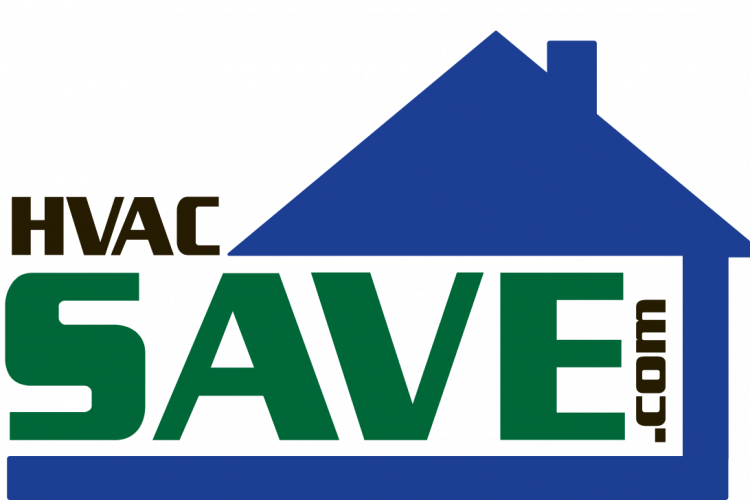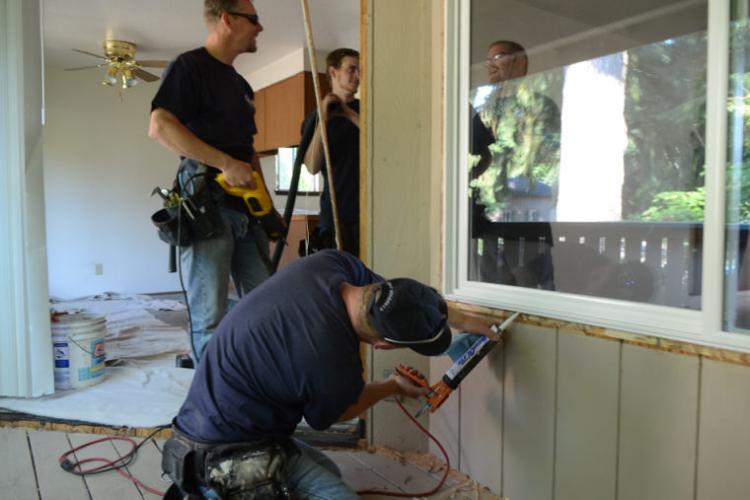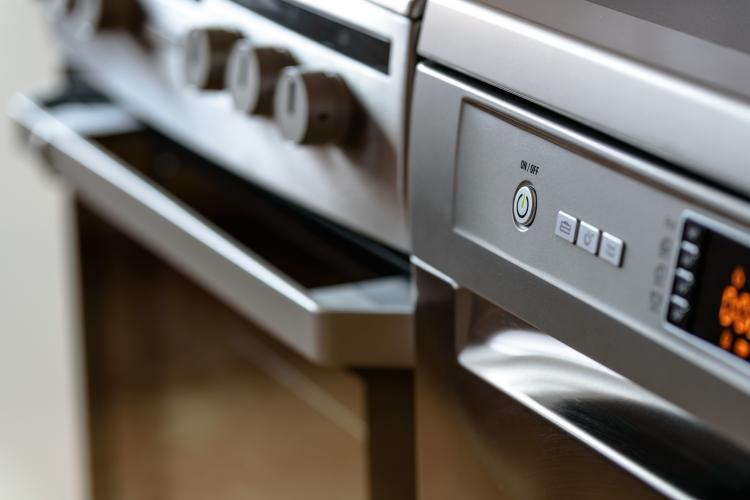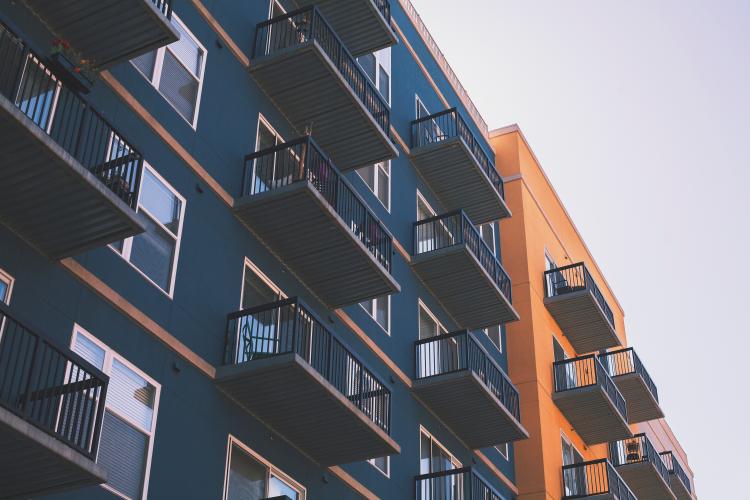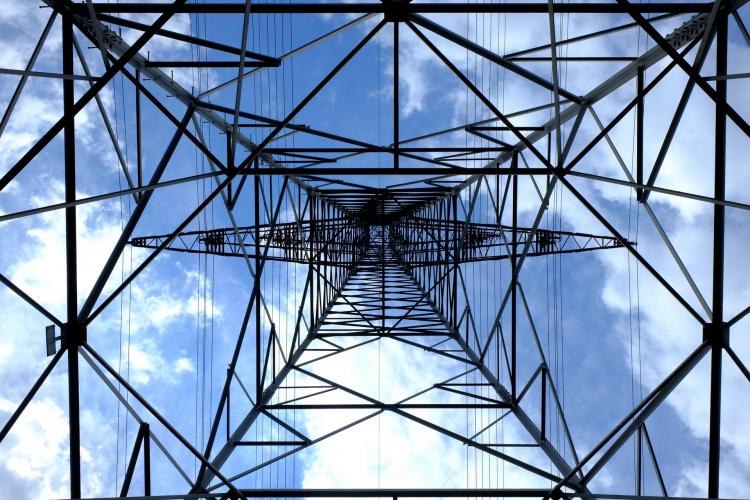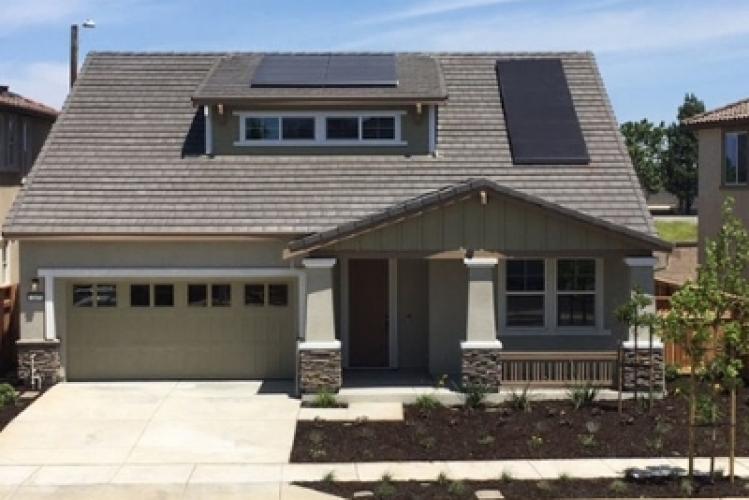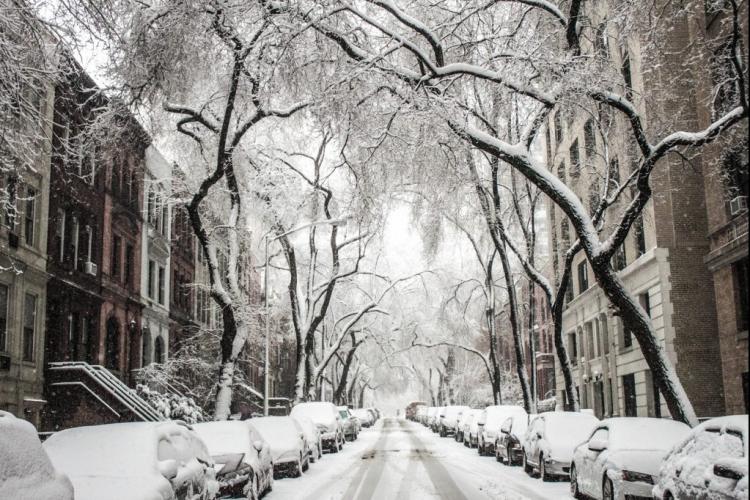The Birth and Evolution of a Successful EE Program
In September, the U.S. Department of Energy’s Office of Energy Efficiency and Renewable Energy completed a case study profiling MEEA’s HVAC Savings Adjustment and Verified Efficiency (HVAC SAVE) program, which tells the story of how MEEA partnered with utilities in Iowa to launch a HVAC quality installation and quality maintenance program that has resulted in over 100,000 jobs and substantial energy savings.
